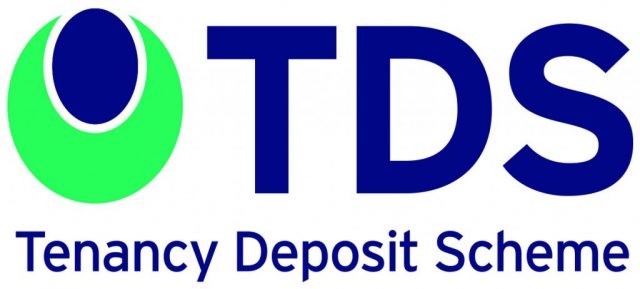Concerning new figures released from the Tenancy Deposit Scheme reveal that tenant deposit disputes are presently at their highest level since 2007.
Data from the report reveals that at the end of March 2016, there were almost 173,000 tenancy deposit disputes in the nine years since the legislation was first introduced.
Rising
In 2015-16, the three tenancy deposit schemes in England and Wales resolved 28,100, which in itself was the highest ever annual amount recorded. This represents a miniscule total of just 0.82% of all deposits protected in March 2016, a figure staying fairly constant for the last six years.
Cleaning amounted for the majority of reasons for disputes, showing that a growing number of buy-to-let landlords are facing increasingly dirty properties at the conclusion of agreements.
In fact, cleaning was mentioned in 57% of dispute claims handled by the TDS. Next came damage to fixtures and fittings at 51%, redecoration at 32% and rent arrears at 19%. Gardening issues made up 16% of tenancy deposit disputes.

Deposit disputes are at highest level since 2007
Average fees
Further figures from the report indicate that the average disputed deposit handled by the Tenancy Deposit Scheme in 2015-16 was £863.40.
Of this money, 45.5% was returned to tenants and 54.5% to landlords and/or agents.
Landlords are reminded of their obligations regarding tenancy deposits. Any deposits taken on assured shorthold tenancies in England and Wales must be protected within 30 days in one of the three-Government approved schemes.
These insurance based or custodial deposit protection schemes are operated by:
- MyDeposits
- Deposit Protection Service (DPS)
- Tenancy Deposit Scheme (TDS)
There are separate tenancy deposit protection schemes in Scotland and Northern Ireland.
Is the Housing Market Starting to Rebalance?
The latest high street banking data and mortgage market commentary from UK Finance suggest that the housing market may be …
Number of buy-to-let landlords is falling
An interesting new investigation has revealed that the number of buy-to-let landlords in Britain has dropped by 154,000 since 2015. …
31% of landlords unaware of proposed letting agent fees ban
A new survey has revealed that nearly one-third of buy-to-let landlords are unaware of proposals to ban letting agent fees. …
What causes landlords’ biggest anxieties?
New research from Upad his discovered what features of buy-to-let investment make landlords most anxious. Many would-be landlords continue to …
Landlords beginning to adapt to new market
The most recent Buy to Let Britain report from Kent Reliance has revealed shifting sentiments in the market, as landlords …